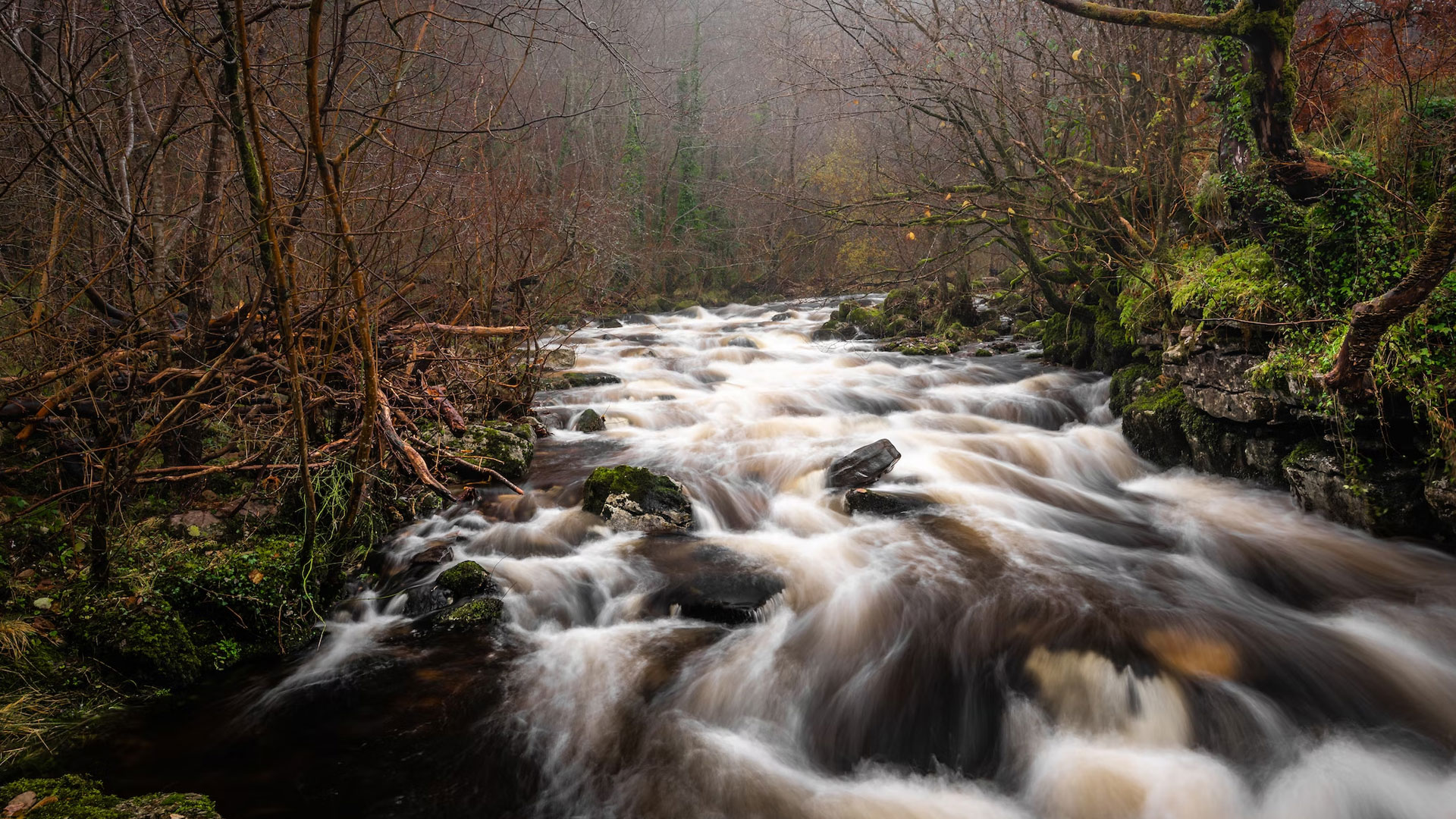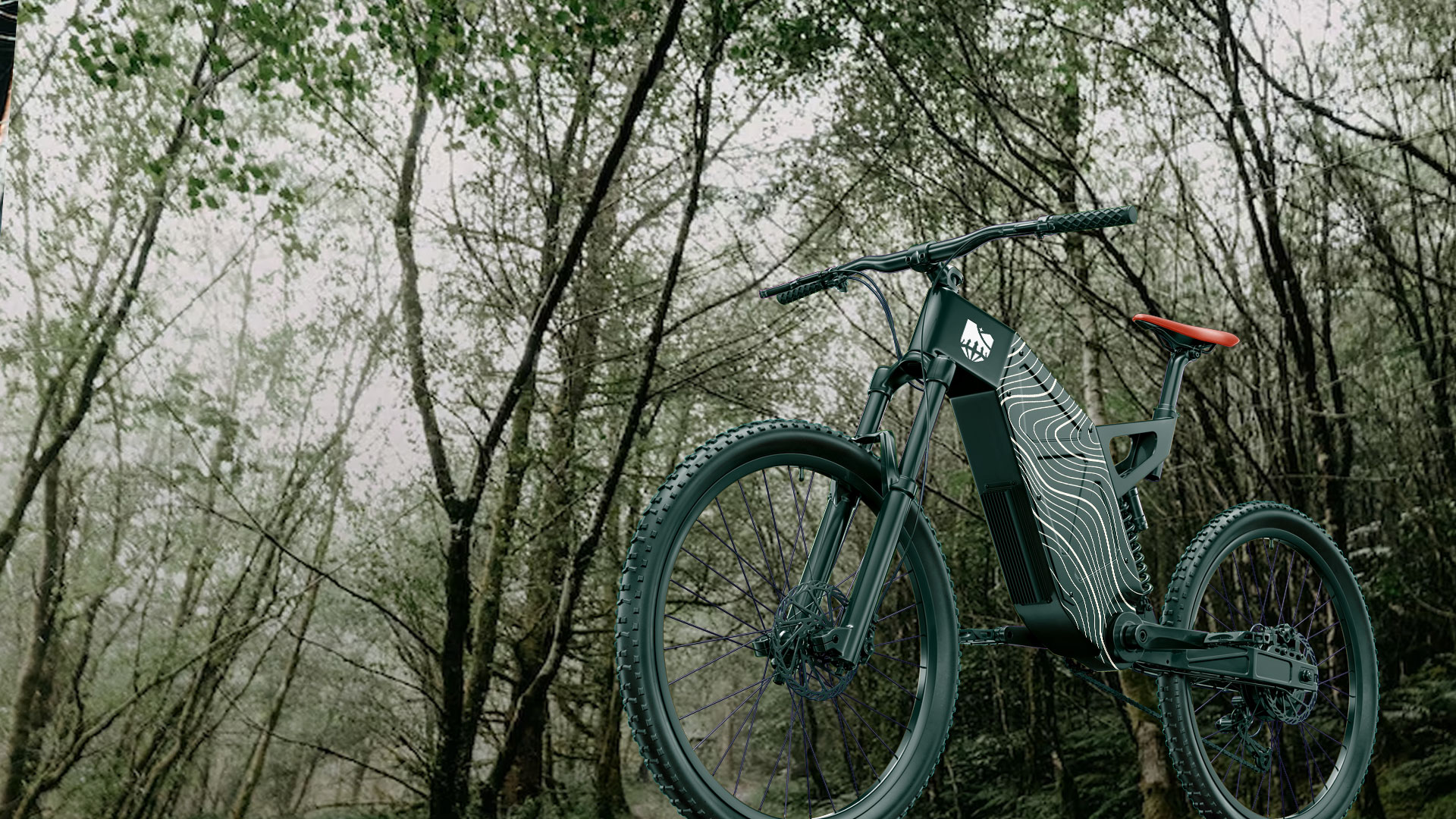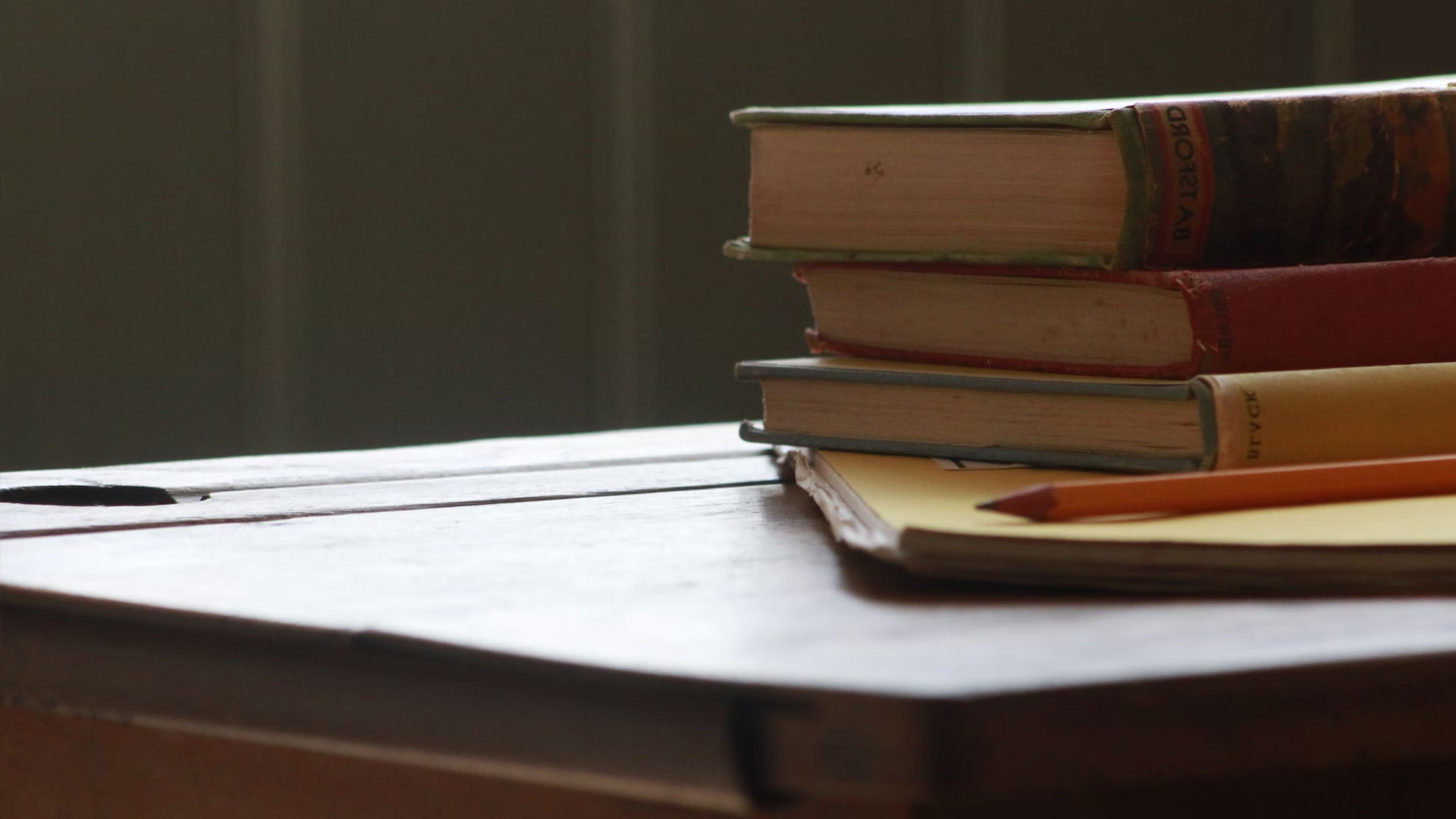I sadly didn’t inherit his way with words, so won’t provide the lyrical send-off he deserves. I will do my best though, to provide some of the words we might need.
When I close my eyes and think of Dad, he is sitting next to water. The river runs along the southern edge of the farm and he had a deep connection with it. To understand the man, you must also understand the river.
In 1995, when I was 10, Dad taught me to fish. Looking back, I now see how much more he taught me by those banks.
In those days, the river was full of salmon, shad, trout, and young wriggling lamprey. We always threw back what we caught, “for the otter’s supper”. Dad believed that a healthy river was a treasure to share, “Nature in full song for all to enjoy”. Those words have stayed with me ever since, and like the river, at his best, he was a man full of life, full of song.
But also like the river, that spirit didn’t always flow. During the drought of 2028, the water dropped lower than anything on record, lower than anyone could remember. The river stank, the harvests failed and water was rationed. If it weren’t such a painful memory it would be hard to imagine. Like most people, it nearly broke him.
Yet, while others fought over local springs, Dad openly shared ours with neighbours. Mum thought he was mad. Maybe he was. But he earned a huge amount of respect that summer and when he later approached those same neighbours with plans to collectively deal with the droughts and floods – slowing the flow, holding freshwater, improving the soil – everybody listened. I even hear that Bryn plans to rename his storage pond in Dad’s honour! The old romantic would have loved that, I’m sure.
Dad understood that no action, good or bad, exists in isolation. It might flow round the bend, out of sight, out of mind, but someone, somewhere downstream, would feel the effects. “No one else should ever have to tidy up your mess” he once screamed across the field, after catching me toss a can off the bridge. I never did it again.
He lived his life by this idea, this responsibility.
But, of course, as much as he protected his own stretch, he couldn’t control what happened up stream, or once it had passed. The river was on its knees in the early 20s; turned from green to brown. After another decade of abuse, on 23rd May 2030, a visiting ecologist officially declared it as dead. With it, died a part of him. We watched from the house as the next day he sat silently for hours carving a message into a boulder on the bank. When he was finished he rolled it into the river and never spoke of it again.
Twelve years later, we have a river again. In fact, the week before Dad died, we sat and watched a Grey Wagtail picking insects off its surface. He said it was the first he’d seen there for 15 years. It felt like a small miracle. In reality though, it’s been the result of many hands, many stubborn minds (many in this room), working together with the right guidance, to clear up the mess of others we would no longer tolerate.
The morning after Dad died, I waded into the river at the spot he rolled his boulder in. After 20 minutes of searching, I found it.
I want to finish by reading his words carved in stone.
“Nid yr afonydd sy’n erfyn am eu gofal, ond y galon ddynol.”
The care of rivers is not a question of rivers, but of the human heart.
He might be gone, but our river lives again. I can think of no better way to honour this beautiful man and his most generous of human hearts than to continue to care for it as he did. Thank you for listening, and for all your support over the years.








